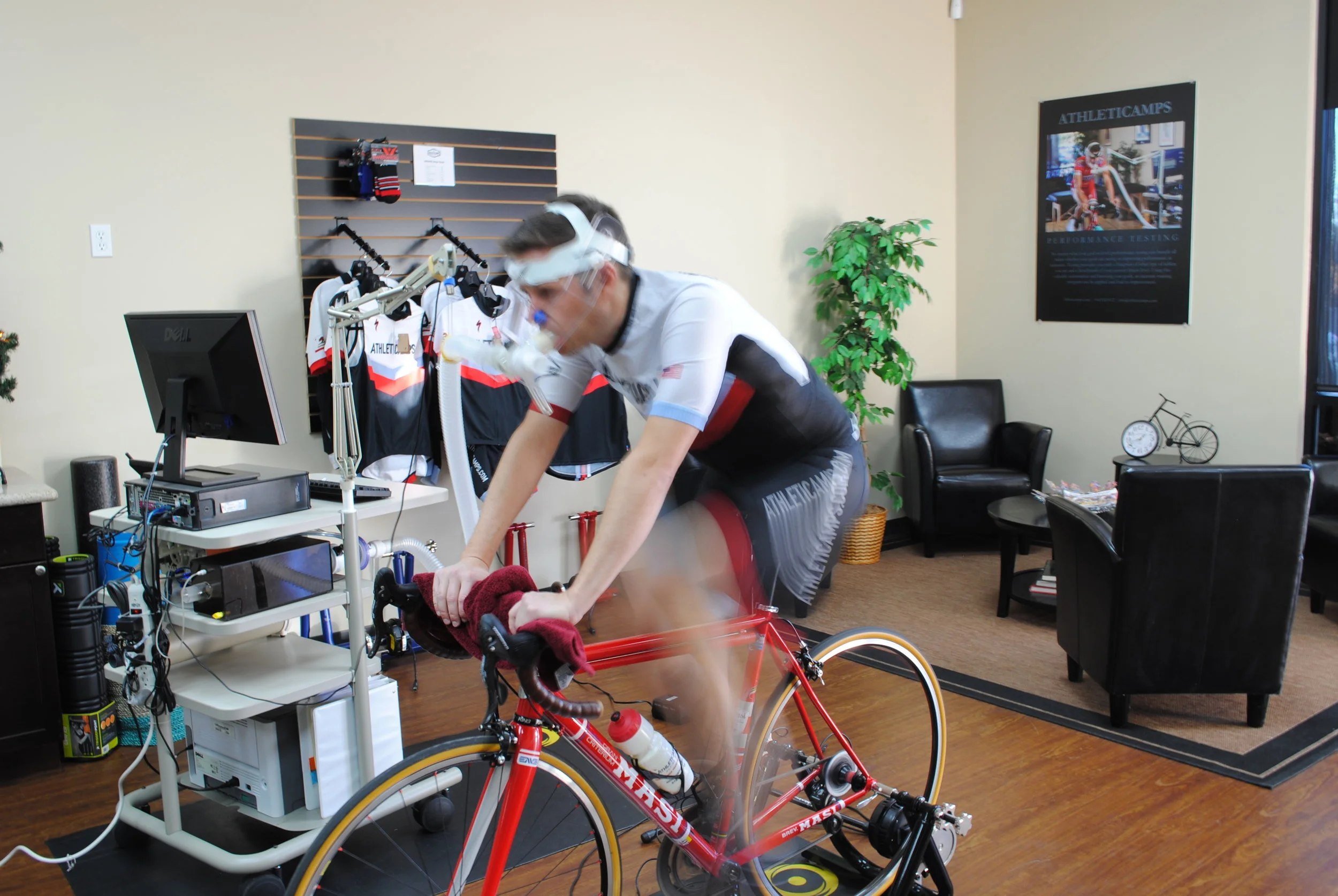Cadences Explained
/One of the most confusing and least understood aspects of cycling is to understand what should be your optimal cadence. Having the ability to choose a cadence is something (having a bike with gears) that makes cycling unique from other endurance sports. There have been countless studies done in the lab researching what is the optimal cadence. It can be quite confusing, especially since the lab is not the real world. The following is a set of guidelines that will help you understand cadence. Having this information can help you determine what cadence is best for you.
Note: Higher cadences imply an easier gear, with less torque applied. In turn, a lower gear implies slower cadences with more torque applied.
In general, the higher the level of intensity and/or speed, the higher should be the cadence. For example, if you are riding a longer distance at a lower intensity or sitting in a group of riders where the pace appears relatively easy as you ride down the road, your cadence can be in the 75-90 rpm range. If you are riding higher intensity, then your cadence could be more effective at 90- 105 rpm. The major reason for this higher cadence is that it stresses the aerobic component more. A higher cadence engages slow twitch (Type I) fibers, which are the oxidative fibers. This guideline can be used on the flats (80-110) or the hills (70-90.)
This can be verified by looking at some hour records in cycling done on the track. Chris Boardman, Tony Rominger and Miguel Indurain all had cadences nearing or above 100 rpms, with Boardman up to 105!
Crank length - In line with this thinking is the fact that relatively shorter cranks will “induce” higher cadences because of the smaller circumference. This teaches or trains the body to utilize the aerobic component.
Muscle fiber type – Muscle fiber type can also influence optimal cadence. In general, more slow-twitch (oxidative) fibers may benefit from a higher cadence and fast twitch (anaerobic) fibers may find slower cadences that apply more torque most beneficial. For example, a sprinter will take advantage of the fast twich fibers.
Athletes need to be trained at higher cadences to allow the body to adapt. It’s important to understand that a relatively higher cadence needs to be adapted over time; you need to teach the body to ride at higher rpms. This can take variable lengths of time, depending on the athlete.
Blood flow - Relatively higher versus lower cadence generates decreased muscle tension and blood vessel compression, thus allowing blood to flow to the muscles with O2 and carry waste products away easier.
Weightlifting analogy. One way to understand finding the optimal cadence is to use a weight lifting analogy. Let’s say that you are given 1 minute to bench press 1000 lbs. You are allowed to pick any weight to do so. If you choose 500lb, you must do two repetitions in one minute. If you choose 10lbs, then you must do 100 repetitions. The weight is analogous to the gear on the bike and reps to cadence. As you can see the answer is probably somewhere in between 10 and 1000 and will be different for each athlete. Choosing to heavy of a gear will result in excess muscle fatigue while choosing too low a gear may not get you to where you need to go.
Optimal cadence changes all the time – Make no mistake about it, there is no one cadence that is optimal all the time. Different situations will dictate different cadences. Wind, fatigue, and slight variations in road grade can alter what would be the optimal cadence.
Altering cadence is good – When given the opportunity, altering cadence slightly to engage different muscle fiber types is a good thing. For example you are climbing a long sustained type hill. While you have determined that riding up the hill at 80 rpms is most beneficial, standing and pushing a heavier gear at 70 rpms for a minute or so can be quite helpful.
Summary
Each athlete must experiment and try to understand what cadence is best at what times. Sometimes, just going with a free choosing approach will be best, other times, forcing a specific cadence will benefit you more. Understanding the above points is the first step in helping you understand what cadence might be best for you.






